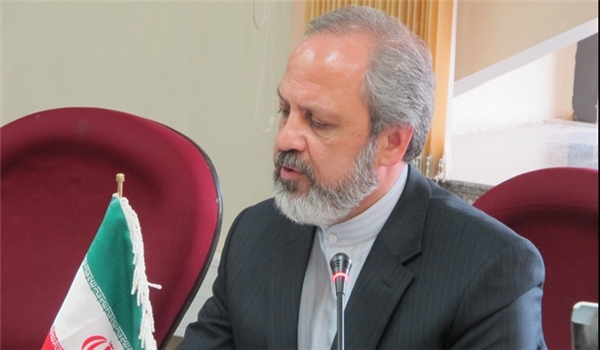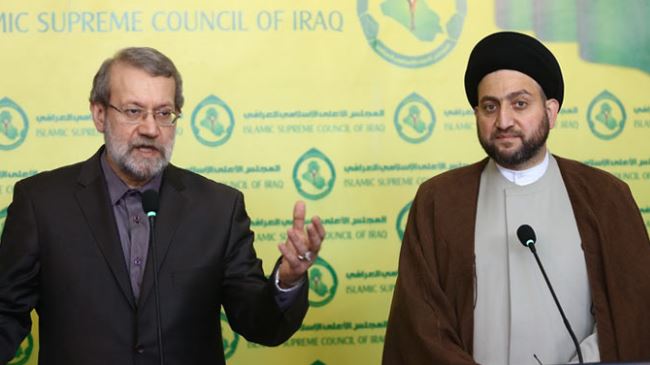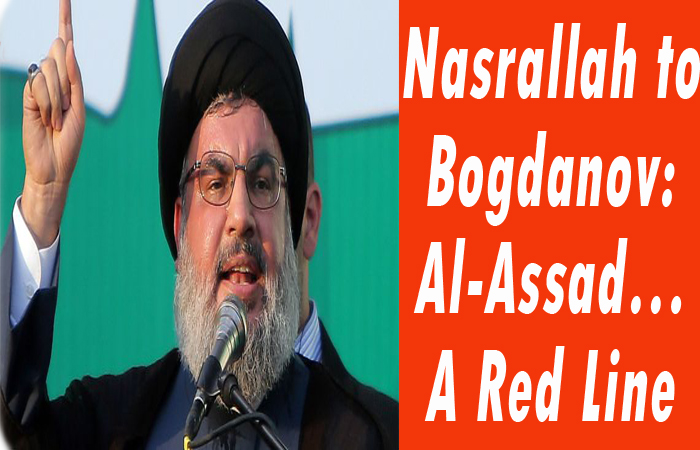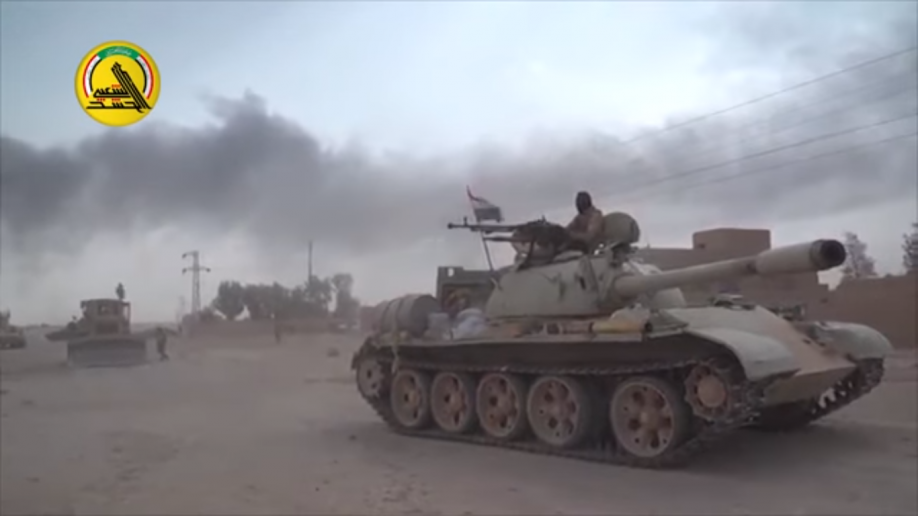IRGC Commander: Assad Still in Power Due to Iran’s Support
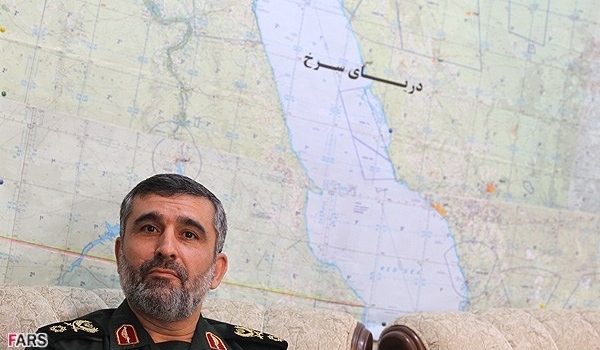
 Commander of the Islamic Revolution Guards Corps (IRGC) Aerospace Force Brigadier General Amir Ali Hajizadeh underlined Iran’s influential role in the region, and said Syrian President Bashar al-Assad managed to gain victory against foreign-backed terrorists and is still in power since Iran wanted so.
Commander of the Islamic Revolution Guards Corps (IRGC) Aerospace Force Brigadier General Amir Ali Hajizadeh underlined Iran’s influential role in the region, and said Syrian President Bashar al-Assad managed to gain victory against foreign-backed terrorists and is still in power since Iran wanted so.
“86 world countries stood and said the Syrian government should be changed and Bashar Assad should go, but they failed because Iran’s view was to the contrary, and they were eventually defeated,” Hajizadeh said, addressing a ceremony in Tehran on Friday afternoon.
“The US secretary of state has very explicitly acknowledged that they have failed and the scene has changed as desired by Iran and Hezbollah,” he added.
His remarks came after the Hezbollah Resistance group said the Syrian government’s western foes must now accept that President Bashar al-Assad will go on ruling Syria after fighting militants to a standstill – a “reality” to which his foreign enemies seem increasingly resigned.
Echoing recent optimistic talk coming out of Damascus, Sheikh Naim Qassem, the deputy leader of Hezbollah, said that the president retained popular support among many of Syria’s diverse religious communities and would shortly be re-elected.
“There is a practical Syrian reality that the West should deal with – not with its wishes and dreams, which proved to be false,” Qassem said during a meeting with reporters at a Hezbollah office in Southern Beirut on Thursday.
He said the United States and its western allies were in disarray and lacked a coherent policy on Syria.
Syria’s fractious opposition – made up of mostly foreign guerrillas inside the country – had, he said, proved incapable of providing an alternative to four decades of rule by Assad and his late father before him.
“This is why the option is clear. Either to have an understanding with Assad, to reach a result, or to keep the crisis open with President Assad having the upper hand in running the country,” said the cleric.
Qassem’s comments follow an account from another Assad ally, Russian former Prime Minister Sergei Stepashin, who said after meeting him last week that the Syrian leader felt secure and expected heavy fighting to end this year.
Officials said this week that preparations would begin this month for the presidential election – a move that seems to reflect a degree of optimism across the country.
Qassem also stressed that the US, which backed away from military action in September after blaming Assad for gassing civilians, was hamstrung by fears over the dominance in militant ranks of Al-Qaeda’s Syrian branch, the Nusra Front, and another group, the Islamic State in Iraq and the Levant (ISIL).
“America is in a state of confusion. On the one hand it does not want the regime to stay and on the other it cannot control the militants which are represented by ISIL and Nusra,” he said.
“This is why the latest American position was to leave the situation in Syria in a state of attrition”.
Qassem also expected that the stalemate will continue in the Syrian crisis because of the lack of an international and regional decision to facilitate a political solution.
